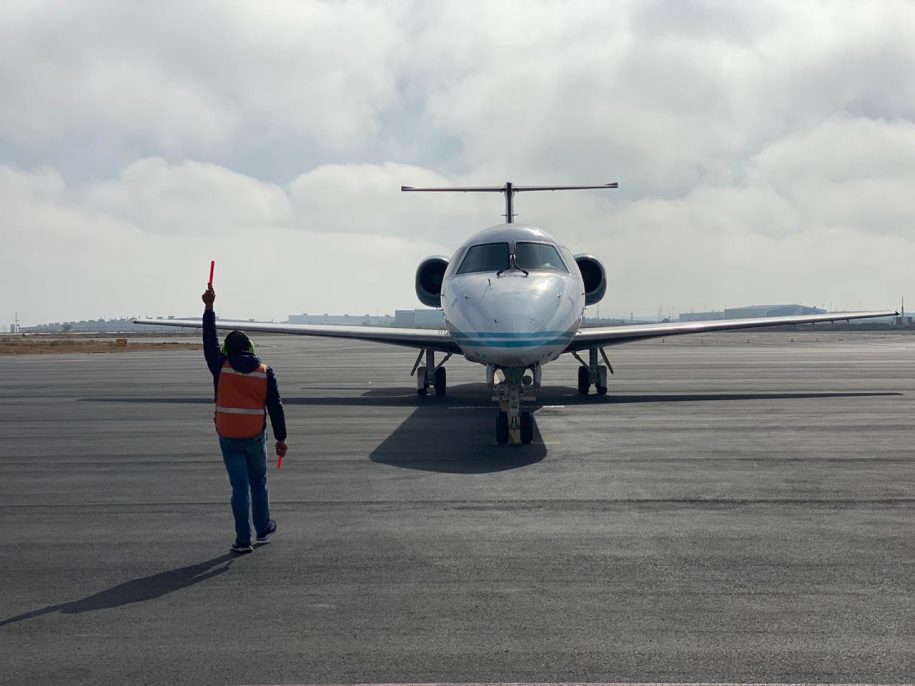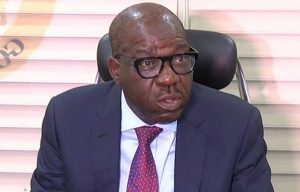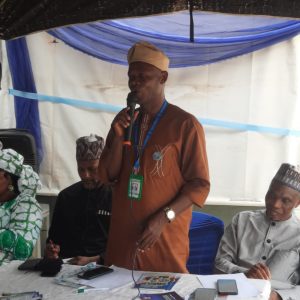Domestic airline operators tackle Senate Aviation Committee chairman’s call for foreign airline to operate domestic flight

Domestic airline operators under the aegis of the Airline Operators of Nigeria, AON, have expressed displeasure over the call by the Senate Aviation Committee chairman that foreign airlines would be called in to operate domestic routes. The Senate Aviation Committee chairman, Senator Smart Adeyemi had said foreign airlines would be empowered by legislation to operate domestic routes if local airlines are unable to check the excessive flight delays and cancellations currently experienced by passengers. Reacting to Senator Adeyemi call in a statement jointly signed by all the current domestic operators in the country, the operators said : ” The Airline Operators of Nigeria (AON) wishes to express its dismay over some uncharitable and unhelpful comments widely reported in the news media and credited to the Chairman, Senate Committee on Aviation, Senator Smart Adeyemi.”
“During a joint oversight visit by the Senate and House of Representatives Committees on Aviation to the Nigerian Civil Aviation Authority (NCAA) in Lagos recently, the Senator is reported to have said that domestic airlines delay passengers for 4 – 9 hours, adding that; “Should the local carriers fail to sit up, foreign airlines would be invited to operate domestic flights in the country.” AON would like to state unequivocally that such comments only serve to aggravate sentiments and send out the wrong message to passengers and the general public. Commercial airlines globally, Nigeria inclusive, are set up with strict adherence to flight times. These schedules are put in place not only for the benefit of customers but also to allow the airlines maximise the use of their aircraft in order to meet up with their laid out targets over a period of time and ensure their safety and sustainability. It is therefore not in the interest of any airline, whether in Nigeria or anywhere else, to delay or cancel flights as this has severe financial and image consequences. For these reasons, delays and cancellations are therefore the last thing any airline wants.
“While flight delays and cancellations occur all over the world, it is however instructive to note that in Nigeria, 80% of the causes of delays and cancellations are due to factors that are neither in the control of airlines nor caused by them. This is why AON invites the public to be aware that airlines operating in Nigeria are forced to operate in an environment that is wrought with infrastructure deficiencies that are highly disruptive to normal schedule reliability and on time performance. Any airline in the world forced to operate under the domestic Nigerian circumstances would be bogged down by delays that they have no control over.” The operators also said some of the more prevalent causes of delays and cancellations include, but are by no means limited to the following: “Weather – Due to the lack of basic navigational and visual aids at most airports across the country, airlines are forced to delay flights unnecessarily, waiting for visibility to improve either at departure or destination airports.
This is the major cause of delays in the months of October to March every year (with the harmattan dust haze and fog) and this impacts the entire system”. “Inadequate aircraft parking space due to congested Aprons – Both domestic terminals in Lagos (popularly known as GAT and MM2), which are the main hubs and turnaround points for the vast majority of the local industry, are severely capacity constrained to the point of constituting a safety hazard to the industry. Restrictions caused by Sunset Airports – Again, because of a deficit in navigational and visual aids, most of the airports in Nigeria are open between 6am and 6pm. Once an airline misses this window as a result of one or more of the above mentioned delays, airlines are forced to cancel scheduled flights to such destinations. Unavailability and ever rising cost of Aviation Fuel – JetA1 today costs above N410 in Lagos, N422 in Abuja and Port Harcourt, and N429 in Kano per litre and has continued to rise fast and steadily. On top of the continuous rise in the fuel price, fuel supply is at best epileptic at several airports thereby causing delays. Supply nationally is at best unpredictable and several times a day, airlines are standing, waiting for fuel to be supplied at airports across the country,” AON listed among other causes.








